Sustainable freelancing
Do you work as a freelancer or self-employed person? Then chances are you made this step as a conscious career choice. But how do you ensure that this choice remains sustainable in the long term?
Freelance is a conscious choice
For many freelancers, the step to becoming self-employed is a conscious choice. Previous research by Antwerp Management School and SD Worx (2018) shows that interesting job content (69%) and freedom in choosing jobs (68%) are primary reasons for becoming a freelancer. Only a minority (15%) chooses to become a freelancer because they saw no other alternative for staying employed. Freelancing fits the current trend towards ‘lifetime employability’, in which the norm is no longer one fixed job throughout the entire career with the same employer, but instead a focus on employability and multiple transitions throughout one’s career. This explicitly brings career ownership back to the individual itself.
When considering careers in the long term, ‘sustainability’ is essential. A sustainable career is characterized by a balance between employability, work happiness, and (mental) health. These three factors form a complex interplay and can have different intensities depending on the needs and context of the individual. This dynamic view of careers gives people more room to ‘play’ and ‘experiment’ with their talents and needs, development of new skills, and flexibility based on their personal context.
Do you work as a freelancer or self-employed person? Then we at Antwerp Management School (AMS) would like to learn more about your career. Who do you consult for advice or to exchange ideas? And what impact do these people have on your career? Tell us in this AMS survey. Participation will take about 15 minutes.
Long-term sustainability is essential, but not obvious
Developing a sustainable career, however, is not a given. Though we find that freelancers’ careers are driven by passion, intrinsic motivation, and the need for independence and prestation and that they show a substantial degree of self-management; there are also challenges in relation to the sustainability of their careers. For instance, dealing with insecurity, setbacks and continuously shifting opportunities requires freelancers to develop a strong personal compass, knowing their strengths and identifying which projects or network will best support their career. Where employees can be taken along in a supportive HR policy within which ownership and mobility can be supported and facilitated, freelancers usually do not have access to such a safety net.
Clients – still work to be done
Though many companies employ freelancers, only one-third actually integrate flexible talent within formal workforce planning strategies, and 32% indicate that employing freelancers is mostly an ad-hoc process. Given the increase of flexible talents within organisations, it is high time for employers to develop inclusive and flexible talent policies. This would not only strengthen the fundaments of the organisation of the future, but also the resilience of their organisation and the sustainable employment of talents.
The majority of freelancers from that study have never asked for support relating to career advice or developing management skills.
Sustainable freelancing and the role of the network
Furthermore, it is essential that freelancers also find the support they need outside this context. Previous research shows that freelancers develop a network to gain access to information that is useful for doing their current work or to get support from others. Different types of stakeholders can provide different types of support, such as financial advice, advice on insurance or legal advice. Surprisingly, only a small part of freelancers from that study uses such support on a structural basis. The majority of freelancers from that study have never asked for support relating to career advice or developing management skills.
Share your experiences in the AMS survey
The time is now to act on these insights! In their current study, AMS is focussing on the freelancer’s network: who are the most important stakeholders, which role do they play, and do these stakeholders have a true impact on the sustainable careers of freelancers?
This article is a contribution by Sofie Jacobs & Kirsten Vanderplanken, Next Generation Work of Antwerp Management School

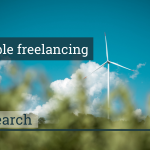
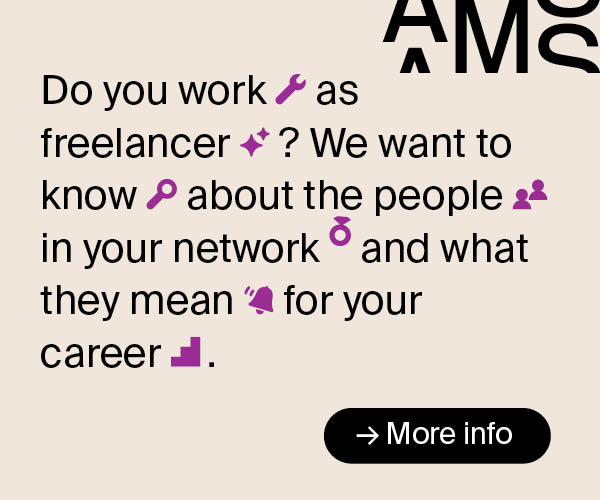

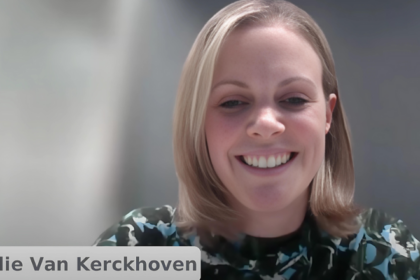
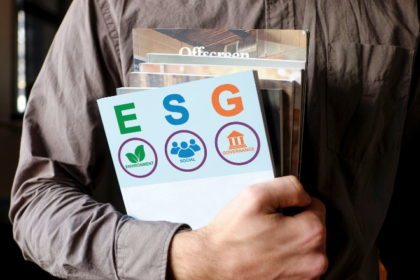

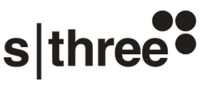


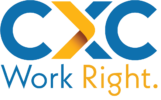

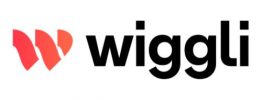
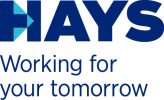


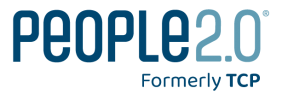

You must be logged in to post a comment.